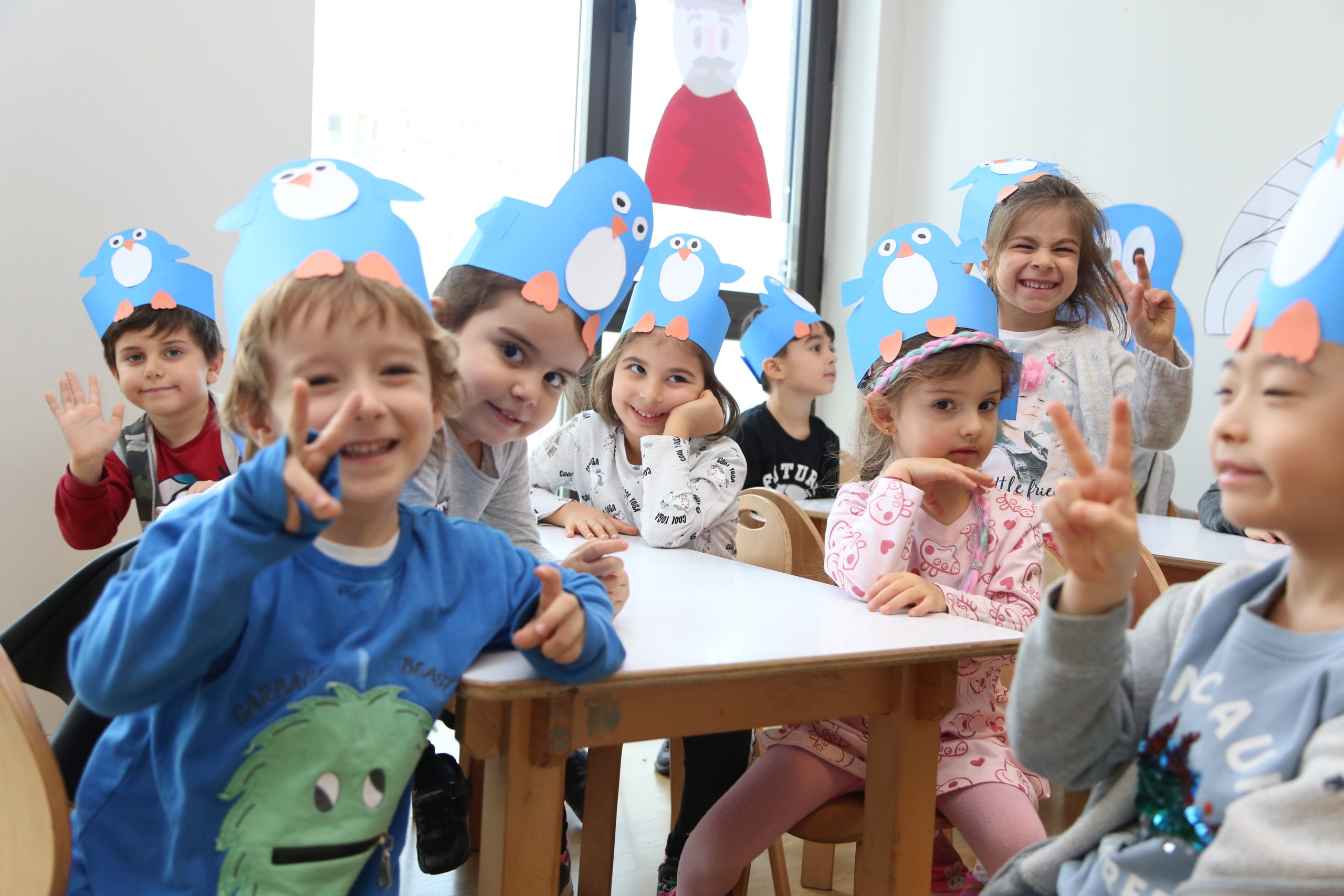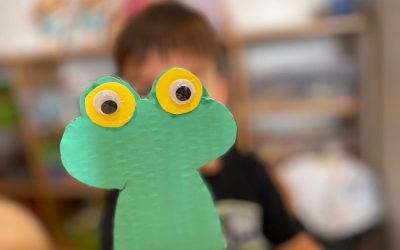Just as adults may feel nervous when starting a new job or stepping into unfamiliar environments, children also experience a range of emotions during their first days at school. These feelings are a normal and healthy part of development. Parents, too, may feel ups and downs in this period. The good news is: with the right support, children quickly adapt, build confidence, and begin to enjoy their new world.
Why Family Attitudes Matter
Children’s ability to settle in and feel secure at school is deeply influenced by their families. The more calmly and positively parents approach the new routine, the more confident children feel. Simple, consistent practices — like saying goodbye at the same spot each day and reassuring them when you’ll return — build a sense of safety.
Morning routines also play a big role. Children who start the day in a cheerful, calm atmosphere often enter school more smoothly than those who leave home in a rush or tension.
Before School Starts: Building Readiness
Preparation doesn’t begin on the first day of school — it starts at home. Here are some meaningful ways to help your child feel ready:
- Talk positively about school. Describe the new friends, games, and activities they’ll enjoy.
- Read books about school together. Acting out stories and characters helps children process feelings.
- Visit the school building. Walking or driving by on non-school days makes the environment familiar.
- Shop for supplies together. Choosing a backpack or water bottle gives children a sense of ownership.
- Adjust routines gradually. Restoring bedtime schedules before school begins makes mornings easier.
- Reflect positivity. Share your own happy school memories so children mirror your excitement.
Orientation Days: Gentle First Steps
Orientation is designed to ease children into school life with short, focused sessions. Parents can help by:
- Starting the day with a cheerful breakfast and a good night’s rest.
- Speaking about school with confidence and warmth.
- Keeping goodbyes short and clear — lingering can increase anxiety.
- Letting children know where and when they’ll be picked up, reinforcing trust.
- Sharing concerns privately with teachers instead of in front of children.
These small but powerful steps reassure children that school is a safe and positive place.
The First Week: After Drop-Off
The first full week of school can be the most emotional for parents. Here are some ways to navigate it smoothly:
- Trust the teachers. Children are in safe, caring hands. If needed, the school team will keep you informed.
- Avoid peeking back in. Returning or showing worry may trigger another round of separation.
- Be on time for pick-up. A big smile and open-ended questions (“What was your favorite part of today?”) strengthen connection.
- Normalize mixed feelings. Sometimes children test boundaries by saying they don’t want to return. Empathize, but keep routines consistent.
- Focus on joy, not rewards. Encourage children to value learning and friendships for their own sake, rather than linking school attendance to toys or treats.
Consistency is Key
Transitions are rarely perfect, and that’s okay. What matters most is consistency. When children know what to expect — breakfast, school, playtime, pickup — they gain stability and trust.
At BrightKids, we are committed to creating a gentle and nurturing start for every child. With patience, empathy, and collaboration between families and educators, children quickly discover that school is not only a place to learn, but also a place to belong.




